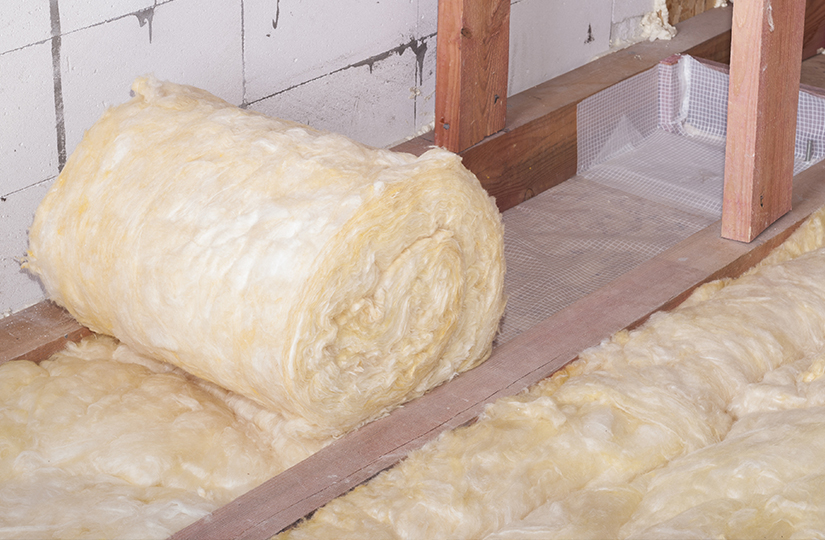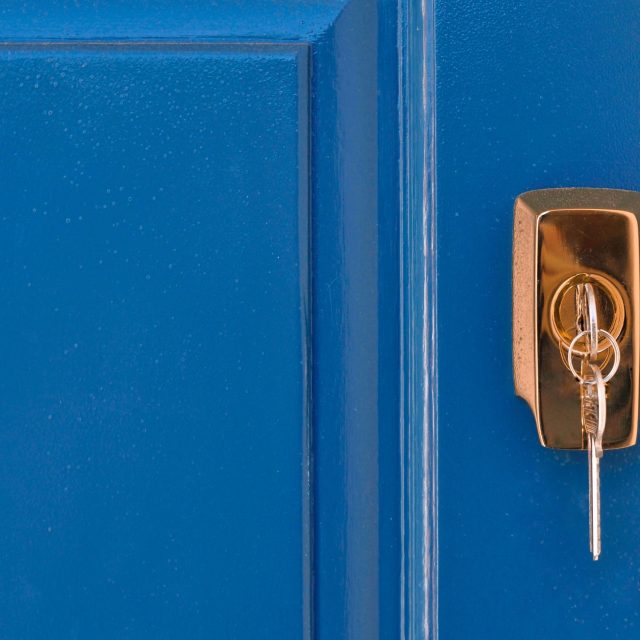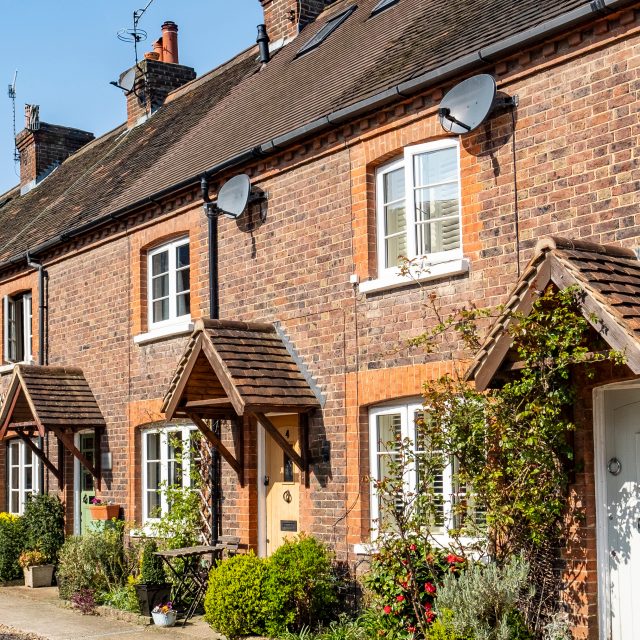Plans to increase minimum EPC ratings – advice for landlords
Landlords needing to carry out energy improvements works to meet minimum standards for private rented homes may want to aim for a higher Energy Performance Certificate (EPC) rating than is currently legally required in anticipation of planned changes to the rules.
The government recently published a consultation seeking views on raising the minimum EPC rating from an E to a C from 1 April 2025 for new tenancies and for all tenancies by 2028.
Although this is currently only a proposal, so the details may change, it clearly demonstrates the direction of travel when it comes to energy performance standards.
Green Homes Grant support
It feels like a sensible approach for landlords to consider long-term solutions for their rented properties, particularly given the current availability of possible funding through the Green Homes Grant to help support this investment.
Landlords who are currently looking for ways to bring F and G rated properties up to standards may want to consider the steps needed to reach a C rating, rather than an E. Similarly, landlords with a property currently rated D or E may wish to consider undertaking works within the next few years in preparation for an amendment in the regulations.
Moving to a C rating is likely to be challenging for some farms and rural estates which rent out traditional and listed properties. These are more difficult to raise to the required standards in a cost-effective way, without risking damaging the fabric of the building. However, there are circumstances where is it possible to apply for an exemption.
‘Fabric first’ approach
The government consultation, which closes on 30 December, also suggests introducing a ‘fabric first’ approach to making improvements.
This would mean prioritising those measures which improve the fabric of the building in terms of its energy efficiency, through insulation and draught-proofing, before making improvements to heat and electricity generation systems.
It also proposes increasing the cost cap, which sets out the maximum amount a landlord will be expected to invest in order to raise energy standards, from £3,500 to £10,000 (inc VAT).
Recent EPC changes
The government has recently launched a new digital register of all current EPC certificates in England, Wales and Northern Ireland (https://find-energy-certificate.digital.communities.gov.uk/), along with a website to help people find an energy assessor if looking to commission a new EPC (https://getting-new-energy-certificate.digital.communities.gov.uk/)
Strutt & Parker is able to assist landlords with MEES compliance, including applying for exemptions where appropriate and applying for Green Homes Grant funding.
Strutt & Parker has also produced a MEES flowchart which helps landlords to understand what is required of them. For further details, contact Yasmin Peach.






